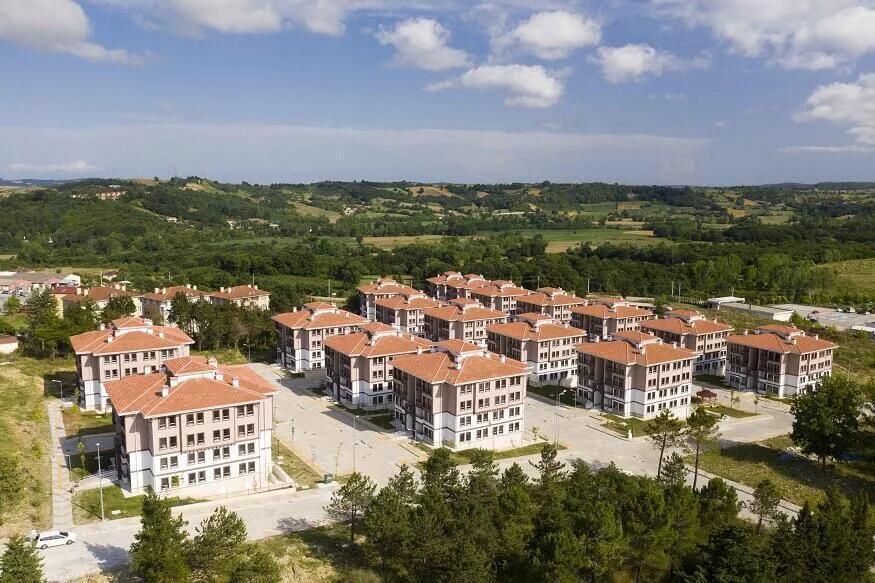
The rent crisis, which has been affecting millions of citizens for more than two years, has become one of the priorities of the public.
Last year, a 25 percent cap on rent increases was imposed by the government, and the deadline was extended this year.
However, the limit did not solve the problem and led to an increase in disputes between landlords and tenants. Landlords who found the rent increase unacceptable took different paths. Some put their houses up for sale, some rented out the empty house at high prices because they could not make the desired increase, and some said, "Let my house remain empty.”
While housing production was low, the supply problem grew as more people left their houses empty. The public has now put these empty houses on the agenda.
The Real Estate Investors Association (GYODER) announced that there are 700,000 empty houses in Istanbul alone, called "ghost houses," and even with a margin of error, the number is estimated to be at least around 500,000.
Türkiye, similar to many countries around the world, is planning to tax empty houses in order to increase the number of rental units. Although the terms of the tax are not yet clear, the news alone was enough to make homeowners uneasy.
Industry representatives, who expect the number of houses for sale to increase in the coming period, also warned against fake contracts.
Hakan Akdoğan, founding president of the All Entrepreneur Real Estate Consultants Association (TÜGEM), said that in recent months, many homeowners especially want to keep their houses empty.
"The introduction of a 25 percent limit on rent increases, as well as the long years of determination and eviction lawsuits due to increasing disputes, have pushed property owners into this path,” he said.
“Now, the tax on empty houses has caused unrest again. In the last few days, the number of people who want to put their houses up for sale has increased, and we expect this increase to continue."
Akdoğan said that the rent crisis cannot be solved in this way.
"When they are told they cannot keep their houses empty, the landlords find a way out,” he added.
“They sign contracts with a relative or acquaintance, leading to a boom in fake contracts,” Akdoğan noted.
“Instead of going through the penal system, we should focus on alternative solutions. For example, in the same way that the state subsidizes social housing or enables citizens by reducing the interest on loans through public banks, this can also be the case with renting. The public institution would rent the identified empty houses from the landlords and rent them to the needy at an affordable price. Of course, the real solution to the rent crisis is production, but in the two to three years needed for this, such ways can be tried."
Hakan Akçam, president of the Ankara Chamber of Real Estate Agents, said the tax on empty houses could lead to fraudulent contracts and therefore needed strict supervision. Akçam said that in addition to the tax on empty houses, there should be an additional tax on wealthy people who own real estate.
"If a citizen owns one or two houses and buys a third, he or she should pay an additional tax. Real estate should stop being a source of income for a while to solve the housing problem," he said.
Ulvi Özcan, chairman of the Istanbul Real Estate Brokers' Club, recalled that many property owners resorted to selling their homes due to the extension of the 25 percent limit on rent increases this year.
"Now, due to the additional tax on empty houses, 'sell my house' demands will accelerate,” he added.
“We expect to see an increase in the supply of secondhand homes for sale in the coming period."